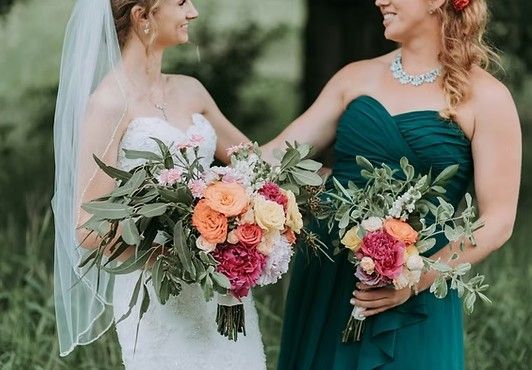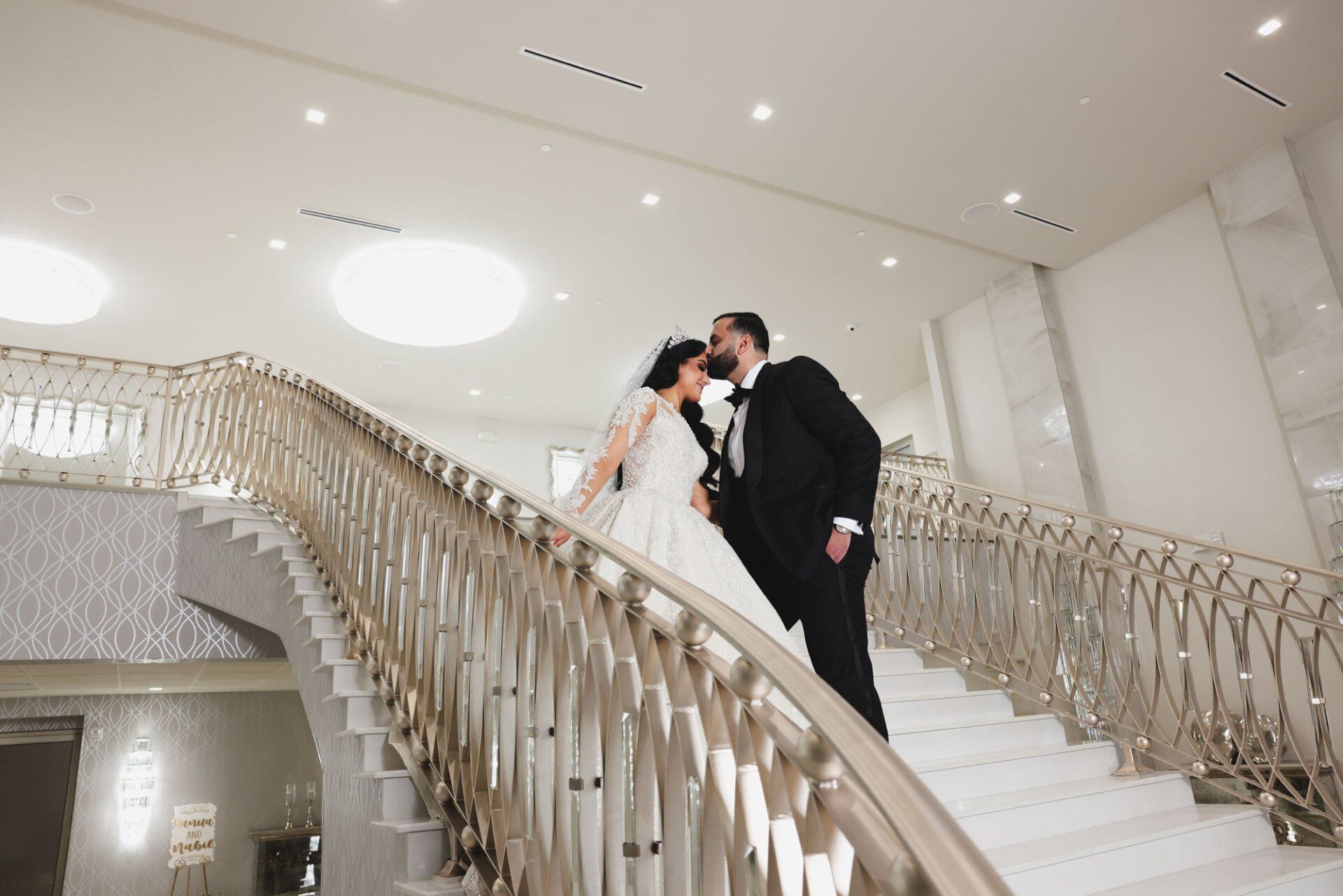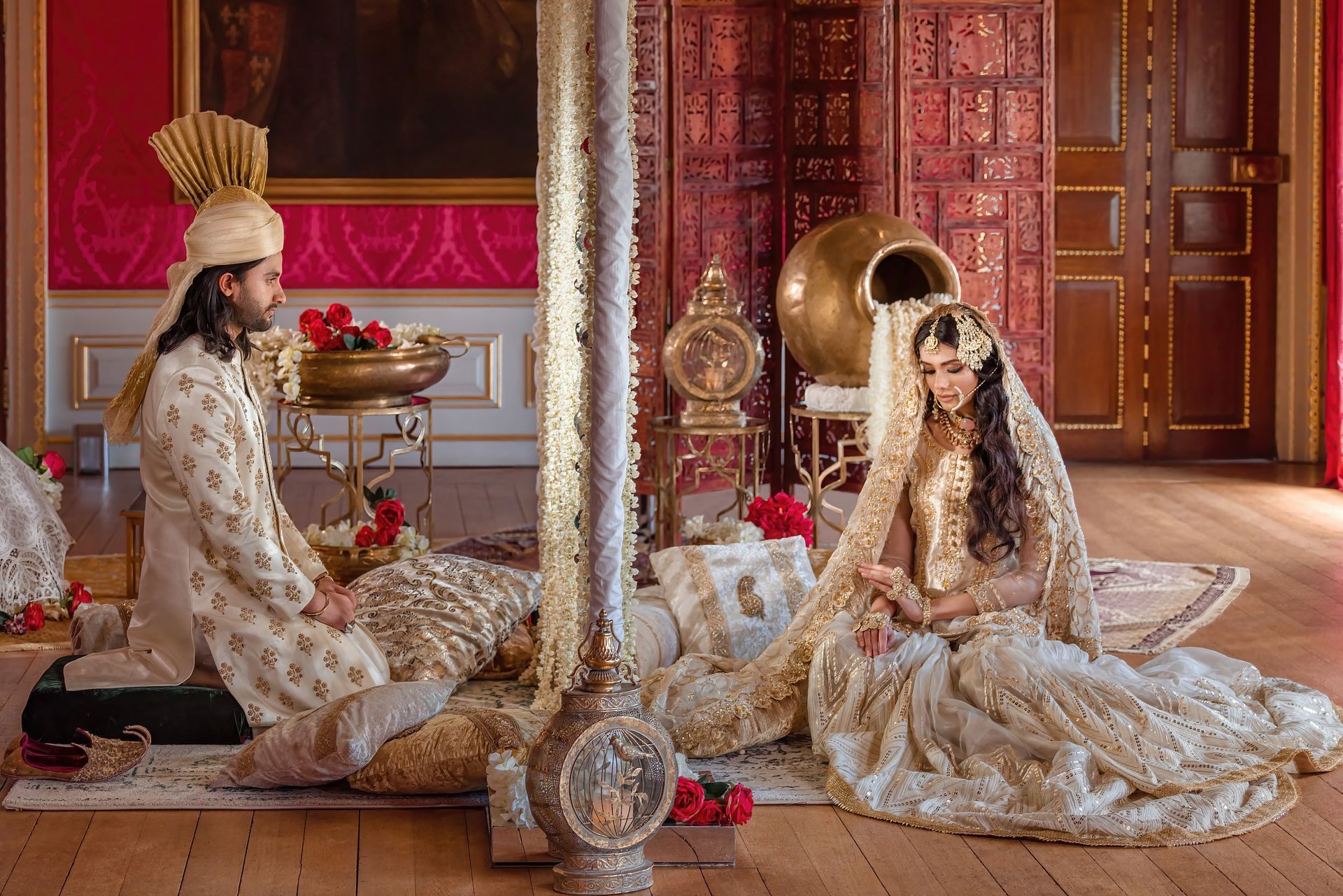Inside a Congolese Wedding: What to Expect
Congolese weddings are vibrant and rich in cultural traditions, offering a unique experience compared to Western weddings. Whether you’re attending or planning one, understanding the different customs, rituals, and celebrations is essential to fully appreciating the event. In this guide, we’ll explore what you can expect at a Congolese wedding, from pre-wedding rituals to the lively reception.
Pre-Wedding Rituals and Traditions
Before the wedding day, there are several important rituals that take place. One of the most significant is the bride price or “lobola” ceremony. Traditionally, the groom’s family visits the bride’s family to ask for her hand in marriage, bringing gifts such as livestock or money to symbolize their commitment. These pre-wedding traditions vary by tribe, but they generally highlight the importance of family approval and respect.
If you're looking for a beautiful venue to host such an event, consider CrystalView Ballroom. Our elegant spaces offer a perfect setting for both traditional and modern wedding ceremonies.
The Wedding Ceremony
The Congolese wedding ceremony itself can be a blend of traditional African and Western elements. It usually takes place in the bride’s family home or a local church. The bride and groom exchange vows, and the groom often brings his family and a representative who speaks on behalf of both families. This representative helps to guide the ceremony and ensures everything runs smoothly. The ceremony also includes the famous "hidden bride" tradition, where the bride is initially hidden from the groom, creating a playful and exciting atmosphere.
The exchange of gifts, usually cash or goods as part of the bride price, takes place during the ceremony. Once the bride emerges from hiding and the gifts are presented, the marriage is officially recognized.
Wedding Attire
Attire plays a significant role in Congolese weddings. The bride typically wears a traditional dress made of bright, colorful fabric known as liputa. It consists of a headscarf, blouse, belt, and wrapper. In contrast, many grooms wear matching outfits with the bride. While some couples opt for a Western-style wedding dress, traditional attire remains a prominent feature of Congolese weddings.
For those planning a Congolese wedding or any other celebration, Signature Room offers an ideal space to host your special day with a luxurious and vibrant atmosphere that complements traditional attire.
Congolese Wedding Reception
The reception is the heart of a Congolese wedding. It's filled with dancing, speeches, and plenty of celebrations. Expect to hear speeches from the bride’s father, the groom’s representative, and other close family members. These speeches often focus on the couple’s journey, the significance of marriage, and the importance of family.
One of the most exciting aspects of a Congolese wedding is the dancing. Guests are invited to participate in choreographed dances, and the music ranges from traditional Congolese rhythms to contemporary beats. The bride and groom often lead the dance floor, and it’s common for everyone to join in, regardless of dance experience.
If you're considering hosting a reception filled with lively dancing and joyous celebrations, Prestige Room offers an ideal setting, with plenty of space for your guests to enjoy the music and festivities.
Reception Food and Music
Food is another crucial part of the celebration. At a Congolese wedding, you can expect a variety of traditional dishes that reflect the country’s diverse culinary heritage. From savory stews to delicious rice dishes, food plays an important role in bringing guests together. Music is also central, with live bands or DJs playing Congolese hits to keep the energy high.
At CrystalView, we provide customizable catering options that allow you to incorporate both local and international dishes into your wedding reception. Whether you’re serving traditional Congolese meals or something more familiar, our culinary team ensures your guests will have an unforgettable dining experience.
Why Choose CrystalView for Your Wedding
CrystalView Weddings & Events provides the perfect venue for couples looking to celebrate their love and culture in style. From spacious ballrooms to intimate reception rooms, we offer versatile event spaces to accommodate any wedding size and style. Our experienced team works with you to ensure every detail is tailored to your unique vision, whether you're hosting a traditional Congolese wedding or a modern celebration.
If you're ready to start planning your dream wedding, contact us today to schedule a tour of our venues and discuss how we can make your special day truly unforgettable.





